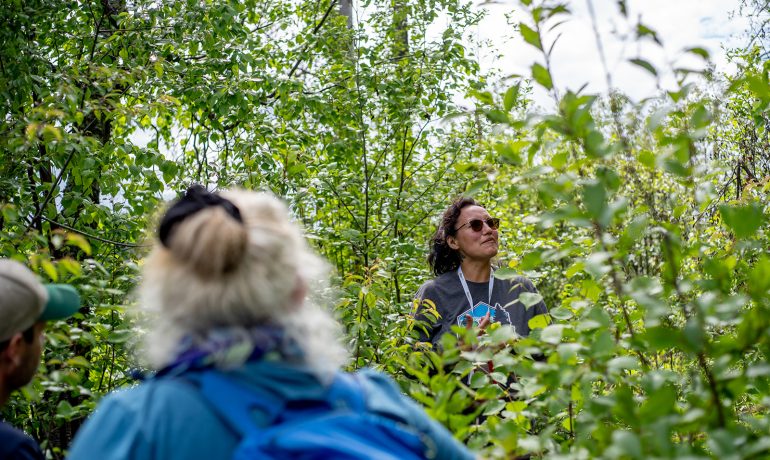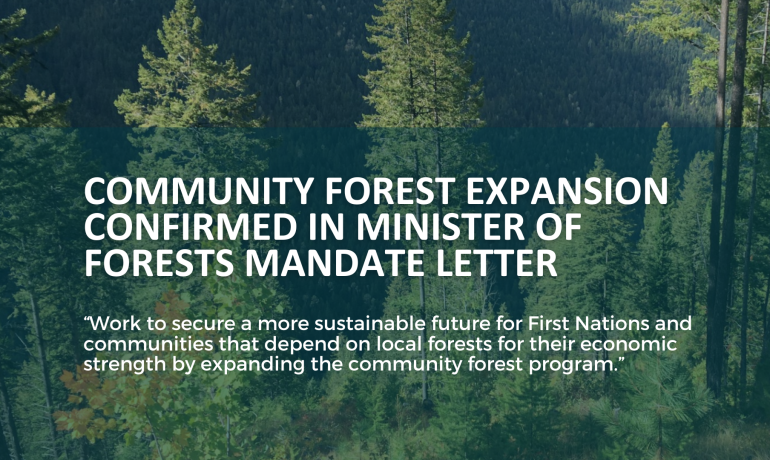From BC Local News:
A local group has been enabling Burns Lakers to have a say in decisions that affect the local forest products industry.
“We have learned that there is strength in numbers, and working together has proven to be effective,” said Burns Lake Coun. Charlie Rensby of the Lakes Timber Supply Group. “We now have the ability to take action.”
The group is comprised of representatives from the Village of Burns Lake, the six surrounding First Nations, the Regional District of Bulkley-Nechako, industry and local community forests.
Dawn Makarowski, a spokesperson for the forests ministry, confirmed the group will be involved in a provincial project called Landscape Level Planning.
The project, which will take place in the Lakes District, aims to increase the ability of the landscape to resist and recover quickly from impacts such as the catastrophic wildfires of 2018 and the mountain pine beetle infestation.
Makarowski said the need for this project was identified during the Northern Conference for Wildfire Resilience, which was held in Burns Lake last April.
“There is currently a strong desire in the Lakes District to change how we manage the forests,” Makarowski said, adding a partnership between the province, local governments and the broader community is essential to the project’s success.
But timelines and budgets have not yet been determined as the project is still in the early stages of development, she said.
Cindy Shelford, chair of the Lakes Timber Supply Group, said the Landscape Level Planning project is one of eight forestry-related initiatives the group is currently involved in.
The group was formed in 2018 to address concerns related to the annual allowable cut (AAC) reduction for the Lakes Timber Supply Area. The new AAC determination, announced last November, is 970,000 cubic metres — about 41 per cent lower than the previous AAC of 1.6 million cubic metres set in 2016.
“The group worked with the province and the chief forester to voice concerns and provide solutions to try to deal with the impact the reduction would have on the community,” said Shelford, adding the group is “ever-changing and adapting as necessary.”
The crisis facing B.C.’s forest industry has been intensifying as markets decline. Factors hitting the industry now include low timber prices, less demand from Asian markets, U.S. tariffs, high cost structures, government fees or stumpage rates, timber supply shortages and mill closures.
—With files from The Canadian Press
IMAGE: Formed in 2018, the Lakes Timber Supply Group is comprised of representatives from the Village of Burns Lake, the six surrounding First Nations, the Regional District of Bulkley-Nechako, industry and local community forests. (Black Press file photo)
Related Post
As Published in Canadian Forest Industries Magazine, Pulp & Paper Magazine and Canadian Biomass Magazine
Jennifer Gunter’s Op Ed, “Community Forests: Rooted in Community,
Minister of Forests Mandated to Expand BC’s Community Forest Program
In the recently released mandate letter to the Minister



